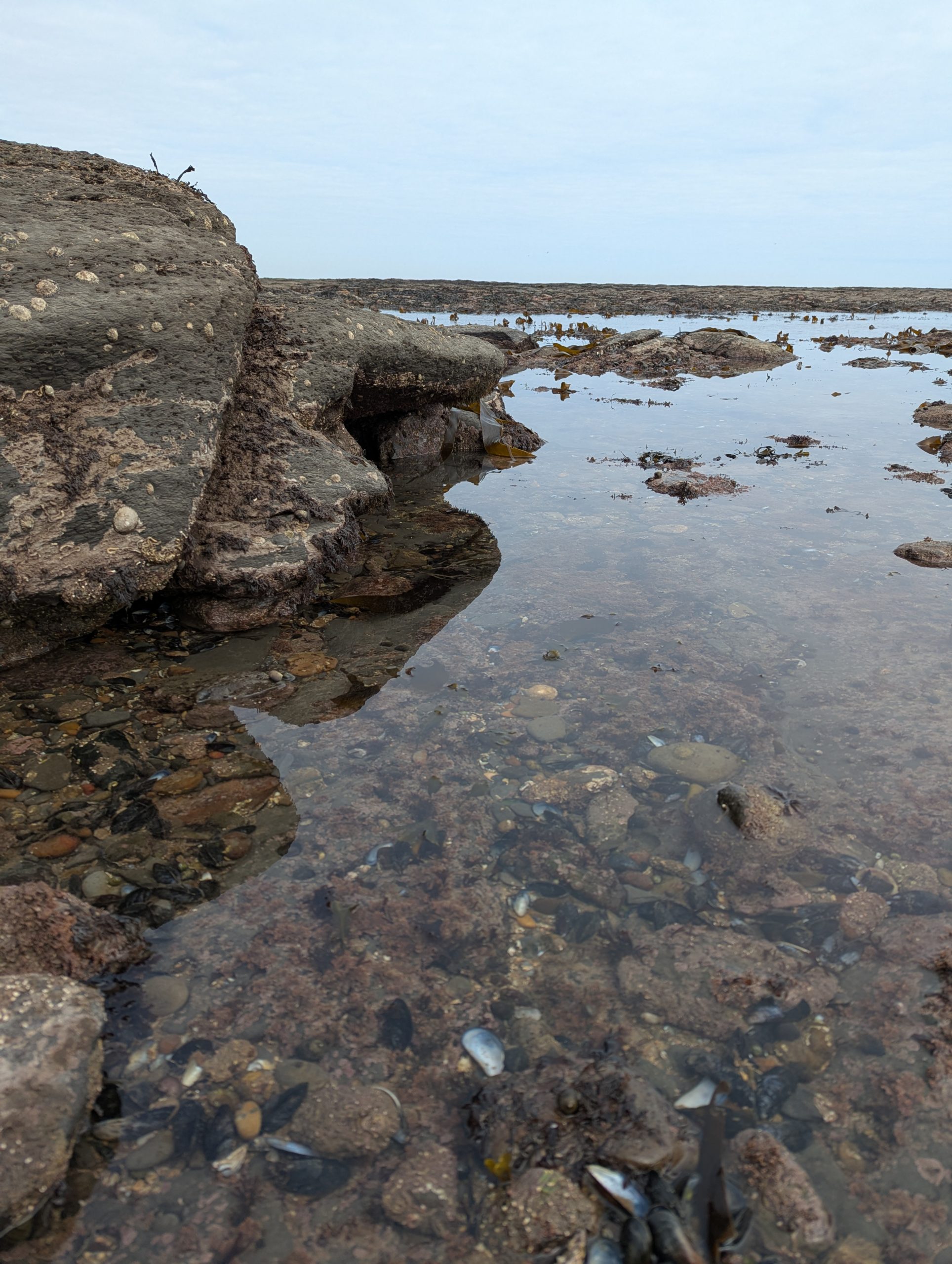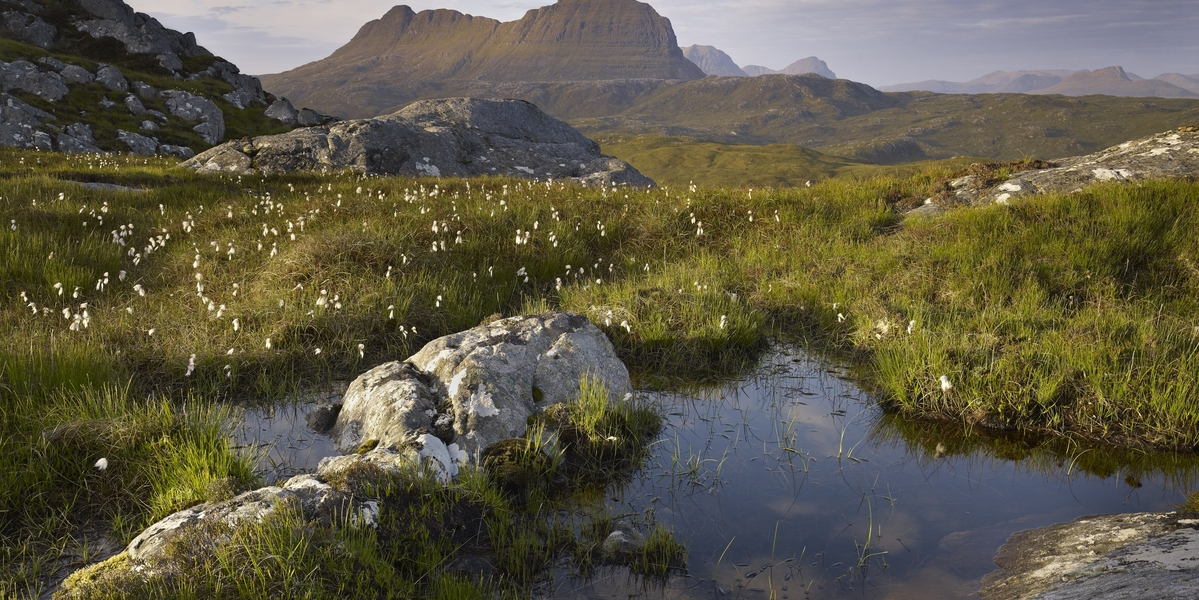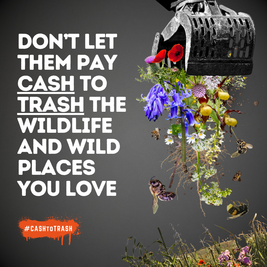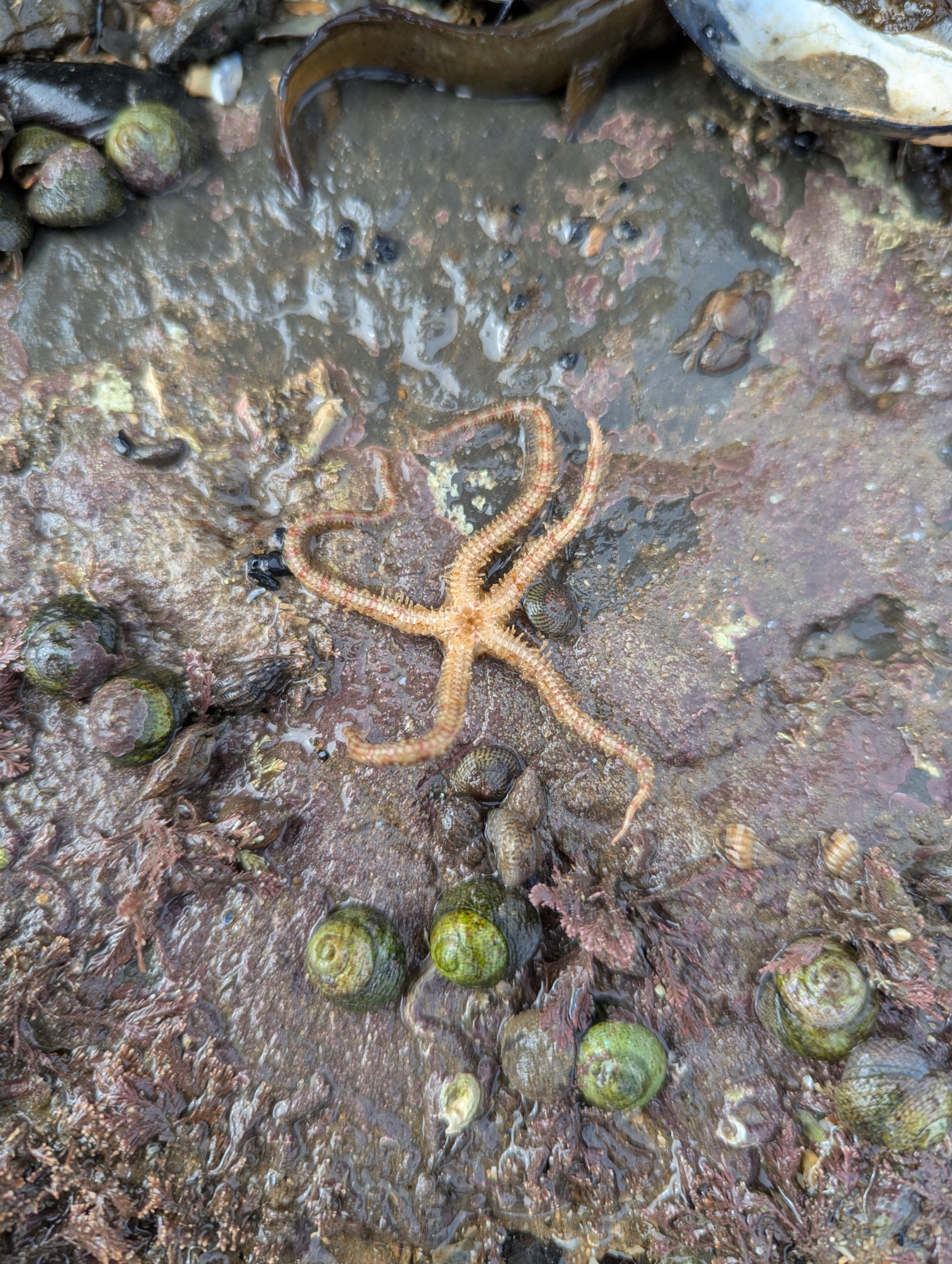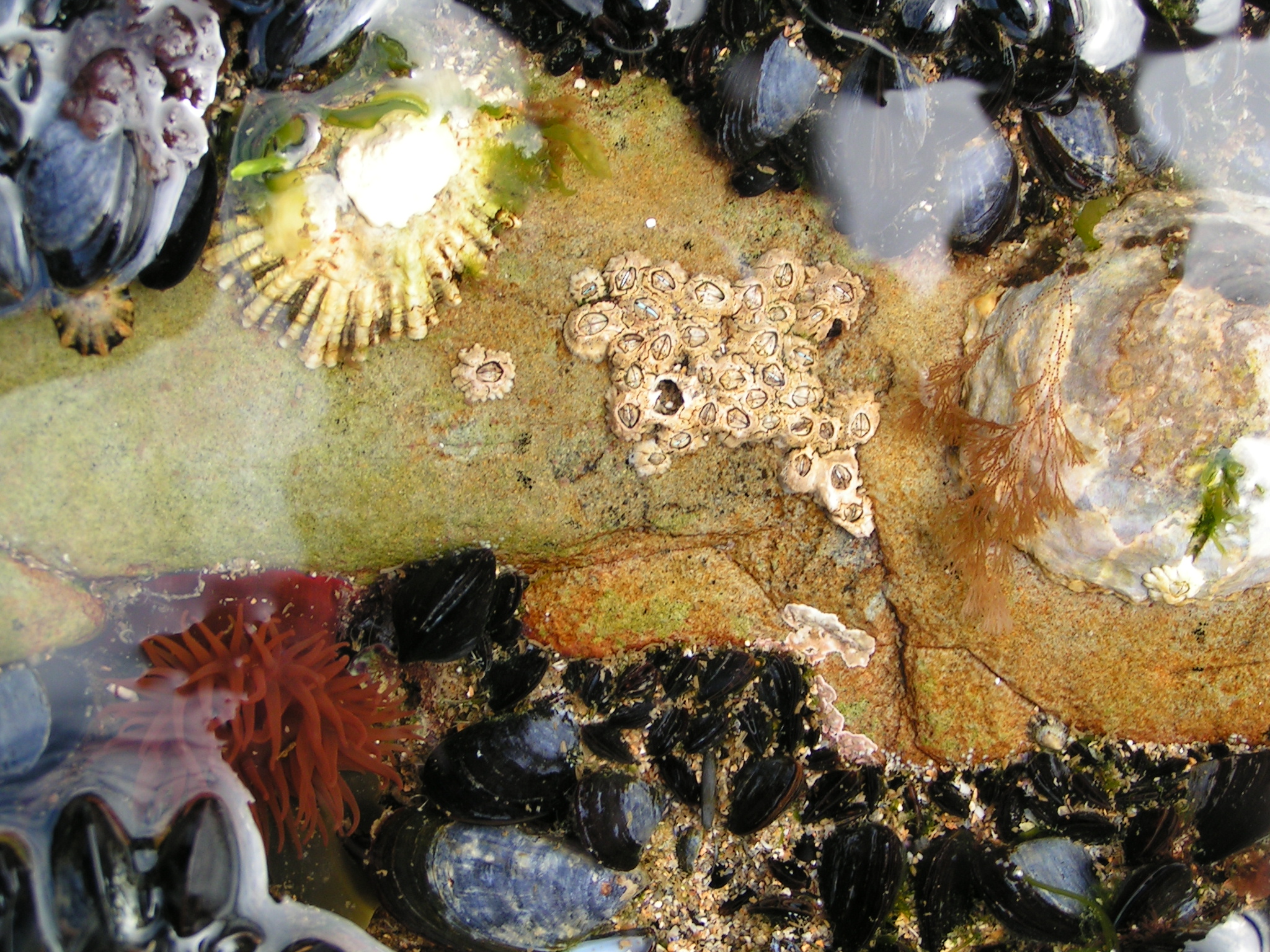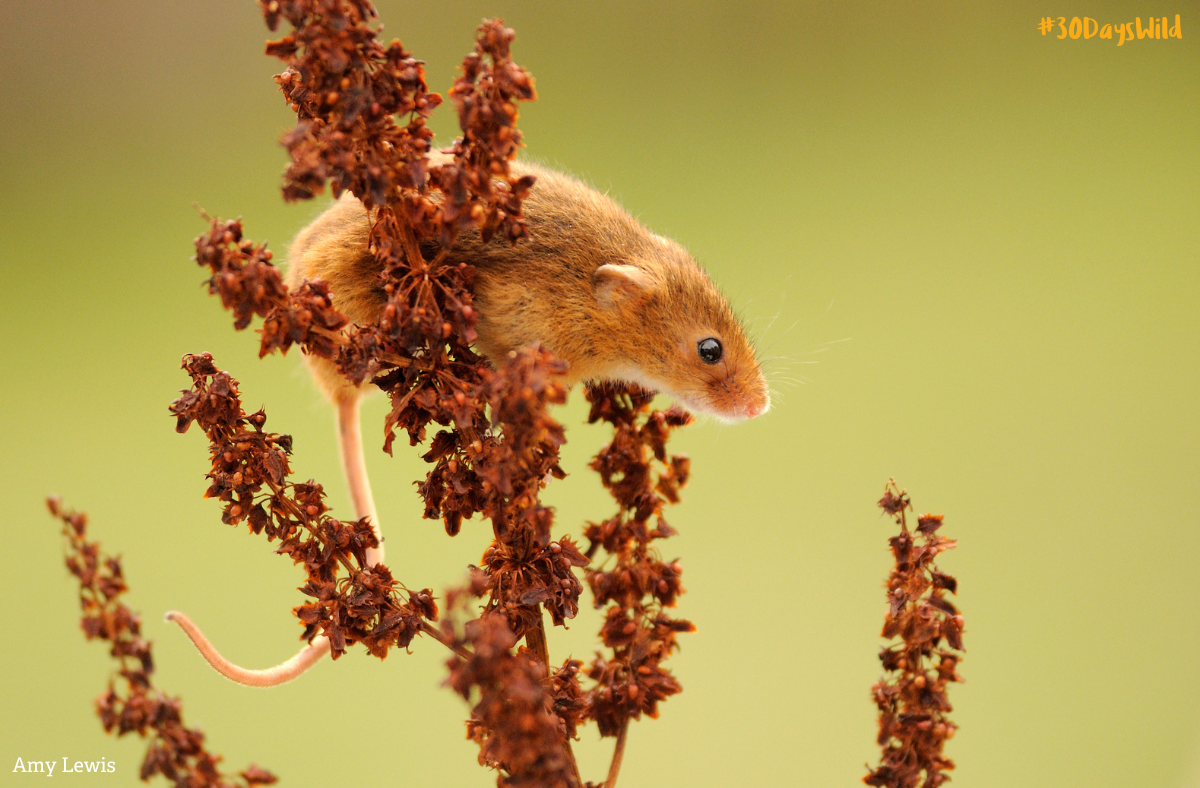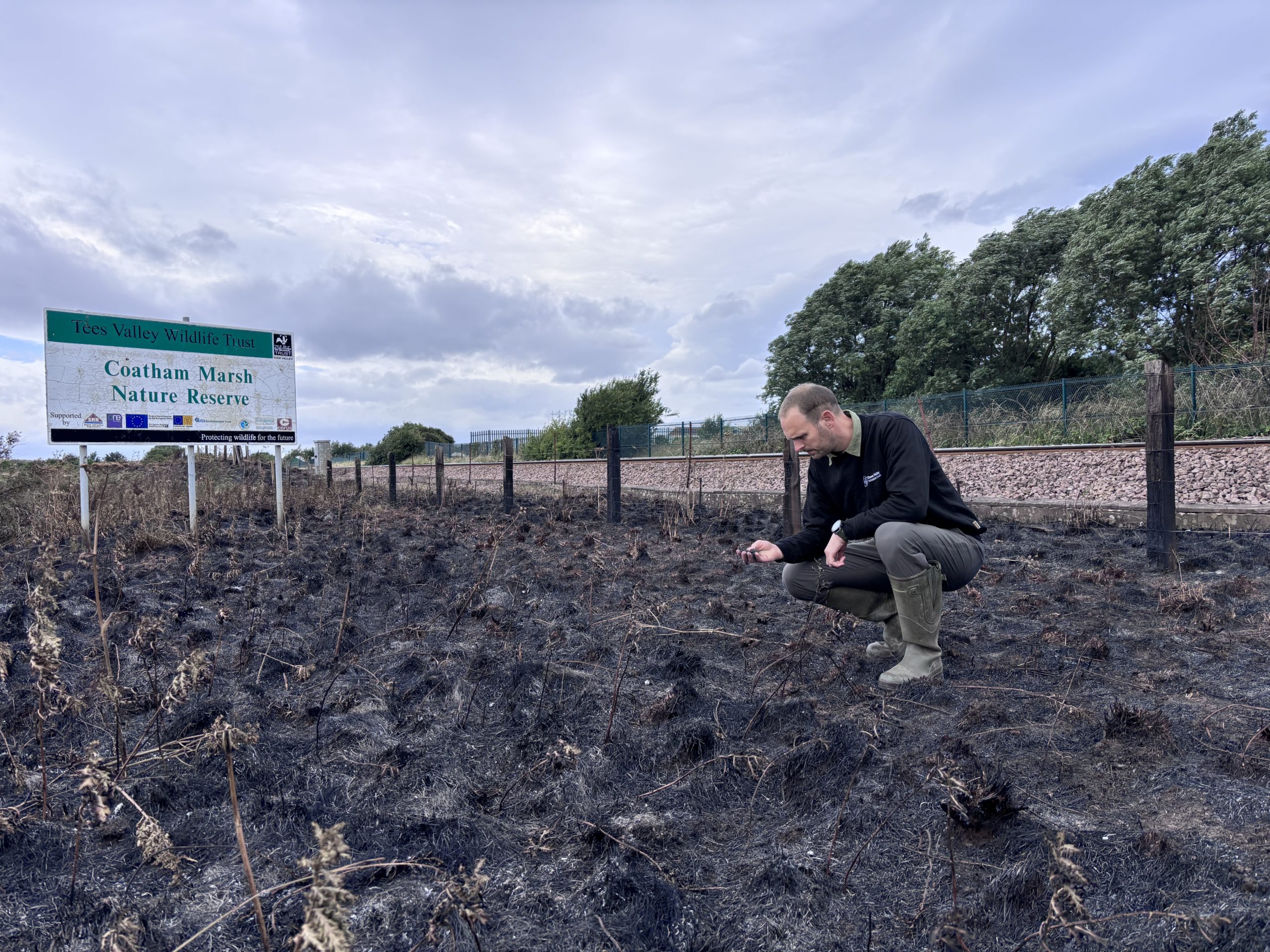Enter the overlooked world of spiders with ecologist Mike Waite Size isn’t everything… It is a good few years now (around eight?) since I really got stuck into my present interest in spiders. Surrey is the spider-capital of the UK, so I’ve now managed to find and identify a significant proportion of the British...
New report shows UK nature bearing brunt of chaotic climate
The Wildlife Trusts warn: Government is shockingly underprepared Today, The Wildlife Trusts publish their new assessment of the effects of climate change on nature across the UK. The report, Resilient Nature, shows how much-loved species and habitats are faring across The Wildlife Trusts’ 2,600 nature reserves in response to the changing climate and extreme weather over...
A warning to the UK Government – don’t risk disaster by cutting the joy budget
Ahead of Labour Conference, with rumours swirling about coming deregulation, Ministers are urged to reflect on the “little joys” which are safeguarded by nature protections. Matt Browne, Head of Public Affairs, reports. Two years ago, in his speech at Labour Party Conference 2023, Keir Starmer relayed a conversation he had recently had with a woman about...
30 by 30
30% of land and sea connected, protected and managed for nature’s recovery by 2030 Our natural world is in trouble. This is no secret. Wildlife is disappearing at an alarming rate and the threat of climate catastrophe becomes more real year by year. Time is running out to act. The current approach isn’t good enough – we...
From compost heaps to garden ponds: grass snakes uncovered
In the North East Grass Snakes records occur within 4 miles of the Scottish border, and are well dispersed in time and space across Durham and Northumberland.. There are scattered records in County Durham but no records for the valley of the tees and the Tees plain. There are 21st century records around Ingleby...
Why the amendments to the Planning and Infrastructure Bill are not enough
Estelle Baily MBE – CEO of Berkshire, Buckinghamshire and Oxford Wildlife Trust explains why: The other week the Government announced a package of amendments to the Planning and Infrastructure Bill. The core purpose of the bill is to make house building easier by allowing developers to pay money to Natural England instead of dealing with protected...
Respond to new plans to protect our seas
The Government is considering a ban on bottom trawling in 41 offshore Marine Protected Areas in England. This is a great step forward BUT we need your help to ensure a ban is implemented effectively. Please respond today – tell the Marine Management Organisation (MMO), who are running the consultation and Minister Hardy that you support...
As the Government considers a ban on bottom trawling, new poll finds huge public support for protections for marine life
Tees Valley Wildlife Trust urges the public to speak up for seabed recovery Eighty percent of people agree that marine wildlife should be treated with the same care as land-based wildlife, a new survey has found. The independent research was conducted by Savanta for The Wildlife Trusts, ahead of National Marine Week (26th July...
UK Government amendments on the Planning and Infrastructure Bill – a welcome step forward, but not the end of the road
After months of campaigning by The Wildlife Trusts and other environmental organisations, the UK Government has tabled amendments to add nature safeguards to Part 3 of the Planning and Infrastructure Bill. Part 3 of the Bill introduces Environmental Delivery Plans (EDPs), to manage impacts in some places where development will affect protected sites and...
New vision to get farming transition back on track
The Wildlife Trusts have launched a vision for the future of food and farming – Food & Farming in a Nature & Climate Crises – stressing that the time is now to get the farming transition back on track. Following the Government’s recent move to protect England’s nature-friendly farming budget in the Comprehensive Spending...
Biodiversity Net Gain changes put nature at risk
What’s the problem? By law, most new developments in England must leave nature in a better state than before, by improving or creating new habitats. This process is called Biodiversity Net Gain or BNG. Biodiversity Net Gain is about making sure developers avoid harm to important wildlife habitats, make up for unavoidable losses and...
Large scale fire at Coatham Marsh Nature Reserve devastates wildlife
Yesterday evening, a devastating fire occurred on Coatham Marsh Nature Reserve, leaving us shocked and deeply concerned. Unfortunately, this incident is not an isolated case, as we have witnessed an alarming increase in fires on nature reserves and other countryside sites within the Tees Valley region, following a worrying national trend. We have strong...
